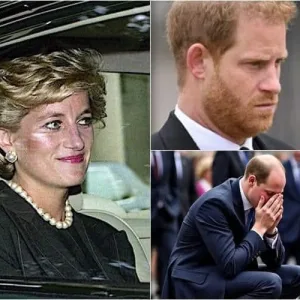At a recent school board meeting in Gilbert, Arizona, a father named Ira Latham made a bold statement regarding proposed changes to the district’s dress code. Latham’s protest was unconventional – he stripped down to a crop top and short shorts to express his opposition to the new rules.
The controversy stemmed from a new dress code policy under consideration by the Higley Unified School District. This debate had been ongoing since May, primarily centered around making the dress code more permissive. The proposed changes would allow students to expose more skin, including their chest, abdomen, and midriff, which marked a significant departure from the previous rules established in 2001. The primary requirement was that clothing should cover private body parts and not be transparent.
Ira Latham, a father of four, voiced his concerns about how the new dress code might affect his children’s education. He argued that schools should have rules that create a safe and focused learning environment, free from distractions. He also pointed out that the new policy was too vague, potentially placing an unnecessary burden on teachers for interpretation and enforcement.
The school board members held differing opinions. Board President Tiffany Schulz supported the more relaxed dress code, believing that the existing rules were unfairly biased against female students. Conversely, board member Anna Van Hoek stood with Ira Latham, emphasizing the importance of modest dress codes in teaching students self-respect and preparing them for professional environments.
Despite Ira Latham’s unconventional protest, the board ultimately voted 3-2 in favor of the new, more lenient dress code. Schulz argued that educators should focus on teaching rather than policing students’ attire, and board member Amanda Wade supported granting students more freedom in choosing their clothing.
Notably, while the Higley Unified School District was moving towards a more permissive dress code, other districts in Mississippi, such as Madison, Rankin, and Hinds County, were tightening their dress codes, banning items like crop tops and establishing specific requirements for skirts and pants.
The ongoing debate surrounding school dress codes underscores the contentious nature of the issue and its potential to trigger strong reactions from parents and community members, all of whom want the best learning environment for their children.





